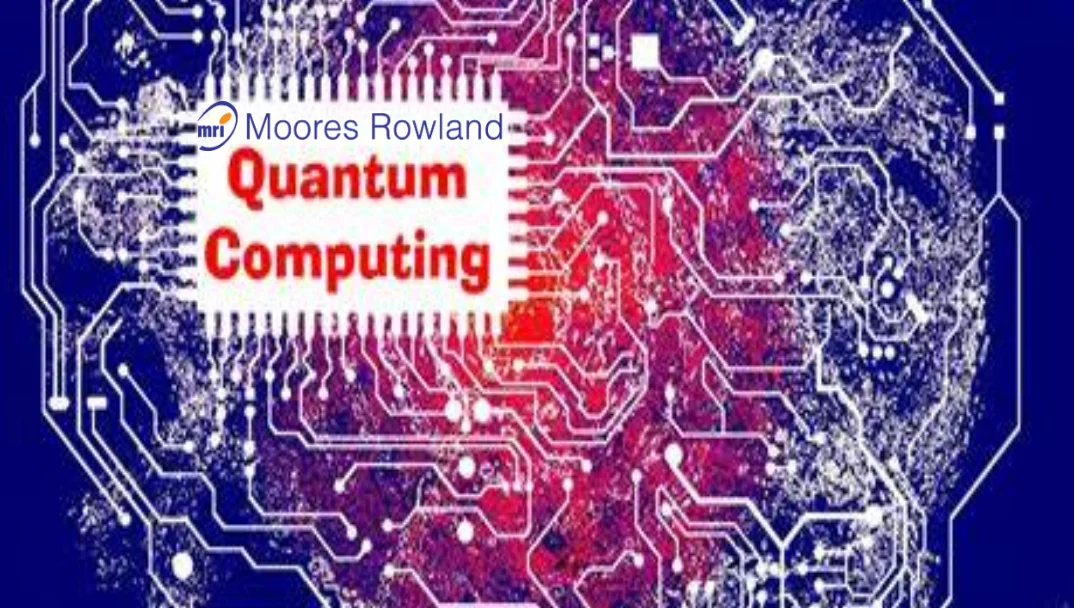Quantum computing
Quantum computing is an innovative technology that has the capability to revolutionize several areas such as finance and pharmaceutical research.
•
March 2, 2023

Quantum computing is an innovative technology that has the capability to revolutionize several areas such as finance and pharmaceutical research. Unlike classical computers that use bits to represent information as either a 0 or a 1, quantum computers use qubits, which can exist in both states simultaneously through a phenomenon called superposition.
This means that quantum computers can perform certain types of calculations much faster than classical computers. For example, Shor’s algorithm, a quantum algorithm for factoring large numbers, can break RSA encryption, which is widely used for secure communications, in a fraction of the time it would take a classical computer.
Another advantage of quantum computing is quantum entanglement, where qubits can become entangled and share a special relationship that allows them to influence each other’s states, even at a distance. This property is being explored for applications such as secure communication and teleportation.
However, building a practical quantum computer is no easy feat. The fragile nature of qubits makes them susceptible to errors from noise and other sources, and maintaining their coherence over long periods of time, known as the quantum state’s “decoherence,” is a significant challenge.
To overcome these challenges, researchers are exploring various approaches to quantum computing, including superconducting circuits, ion traps, and topological qubits. These technologies differ in their approach to creating and manipulating qubits, but they all aim to overcome the challenges of decoherence and error correction.
Despite the challenges, significant progress has been made in the field of quantum computing, and companies such as IBM, Google, and Microsoft are investing heavily in quantum research. In the future, quantum computing could enable breakthroughs in fields such as materials science, cryptography, and optimization, unlocking new possibilities that were previously unimaginable.
In summary, quantum computing is a promising technology that has the potential to transform many fields by performing certain types of calculations much faster than classical computers. While significant challenges remain, researchers are making progress in developing practical quantum computers, and the future looks bright for this revolutionary technology.
Related

AI Prompt Writing: The Basics for Professional Accountants
From automating routine tasks to supporting advanced analysis and advisory services, AI tools are becoming an everyday reality for professional accountants—especially those working in small- and ...
Read more
The Future of Accounting and Tax: How AI, Automation, and Regulation Are Reshaping the Profession (2025–2026)
Introduction The accounting and tax profession is undergoing one of the most significant transformations in its history. Artificial intelligence, automation, evolving regulatory frameworks, an...
Read more